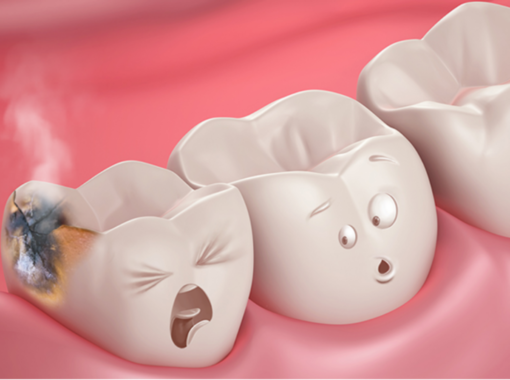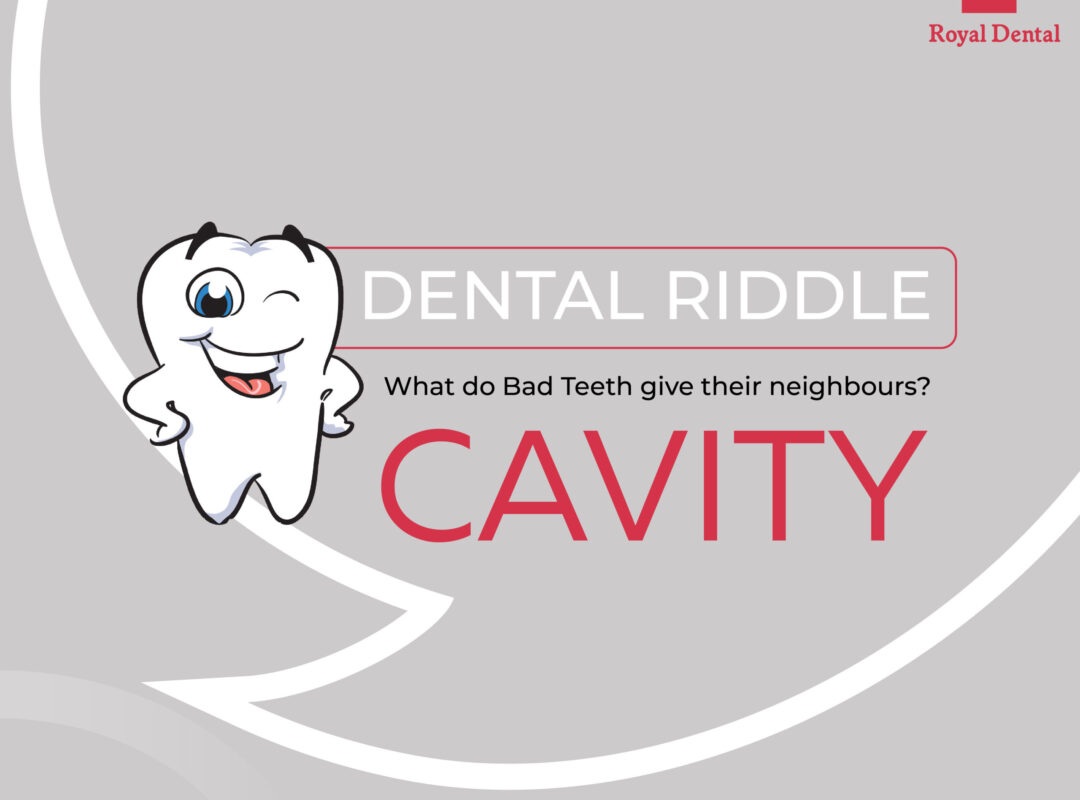Cavities are a common dental issue that affects people of all ages. They occur when the bacteria in our mouth produce acids that erode the enamel on our teeth, creating small holes or caries. If left untreated, these can cause pain, infection, and even tooth loss. However, many people wonder if it’s safe to leave a dental cavity untreated for a short period of time, such as two months. In this article, we’ll explore the consequences of leaving caries untreated and whether it’s a wise decision to wait for two months before seeking dental treatment.
Understanding the Progression of Dental Cavities
Cavities don’t develop overnight. It’s a gradual process that can take months or even years to progress. In the early stages, cavities may not cause any noticeable symptoms, which is why regular dental checkups are crucial to detect them early. As the cavity progresses, it can cause sensitivity to hot and cold temperatures, pain, and even visible holes or pits in the teeth.
Dangers of Leaving a Dental Cavity Untreated
Leaving a cavity untreated can have serious consequences. The cavity can continue to grow and spread, leading to further decay, infection, and even tooth loss. In some cases, the infection can spread to other parts of the body, such as the sinuses, jawbone, or bloodstream, causing a range of health problems.
Tooth decay: Tooth decay is the primary cause of dental cavities, and if left untreated, it can progress further and damage more parts of the tooth, leading to larger cavities.
Infection: If the cavity is left untreated for an extended period, it can spread to the tooth’s pulp, which can result in an abscessed tooth. This can be incredibly painful and requires immediate treatment.

Tooth loss: If the cavity continues to grow and reaches the tooth’s root, the tooth may have to be extracted. Losing a tooth can lead to further dental issues such as shifting of teeth and bone loss.
Bad breath: A cavity can also result in bad breath, as the bacteria that cause tooth decay can produce an unpleasant odor.
Difficulty eating: When a cavity is left untreated, it can become more painful and difficult to eat. This can lead to a poor diet, which can impact overall health.
Costly treatments: If the cavity is left untreated for an extended period, it may require more extensive and costly treatments such as a root canal, crown, or even tooth extraction.
Factors that determine rate of Dental Cavity Decay
Oral hygiene: Good oral hygiene habits, such as brushing and flossing regularly, can help remove food particles and plaque that can contribute to decay. Poor oral hygiene habits can lead to faster decay.
Diet: A diet high in sugary or acidic foods and drinks can increase the likelihood of decay. Bacteria in the mouth feed on sugars and produce acid, which can erode tooth enamel and lead to decay.
Saliva flow: Saliva helps neutralize acid and protect teeth from decay. A dry mouth or reduced saliva flow can increase the risk of decay.
Tooth location: Crevices and grooves in teeth can trap food particles and bacteria, increasing the risk of decay. Teeth that are harder to reach and clean, such as molars, may be more prone to decay.
Genetics: Some people may be more susceptible to decay due to genetics, such as weaker tooth enamel or a reduced ability to produce saliva.
Previous dental work: Previous dental work, such as fillings or crowns, can weaken the tooth structure and make it more prone to decay.
Delaying Dental Cavity Treatment for 2 months
While it’s not ideal to delay treatment for any dental issue, including caries, in some cases, it may be possible to wait for a short period of time. If the cavity is small and not causing any pain or discomfort, and you are practicing good oral hygiene habits, waiting for two months may not cause any significant harm. However, it’s essential to consult with your dentist to assess the severity of the cavity and determine the best course of action.
Delaying dental caries treatment for two months may not necessarily lead to immediate and severe consequences, but it can increase the risk of further damage and complications. Here are some possible scenarios:
- Tooth decay progression: If a cavity is left untreated, it will continue to grow and progress, potentially causing more significant damage to the tooth structure.
- Increased risk of infection: A cavity that is left untreated can cause bacteria to spread, leading to infection, which can be painful and require more extensive treatment.
- Increased risk of tooth loss: If the cavity continues to progress, it may reach the tooth’s root, causing irreversible damage that may require extraction.
- Increased cost of treatment: Delaying cavity treatment may lead to more significant damage, which can result in more complex and costly treatment.
- Pain and discomfort: As the cavity progresses, it can cause pain and discomfort, making it difficult to eat and sleep.
Home Remedies to Manage Cavity Pain
Cavity pain can be uncomfortable and distressing. But there are some home remedies that can help manage the pain until you can see a dentist. Here are a few options:
Saltwater rinse: Mix a teaspoon of salt with a cup of warm water and swish it around your mouth for a few minutes. Saltwater can help reduce inflammation and kill bacteria, providing temporary pain relief.
Clove oil: Clove oil has natural numbing properties and can help reduce pain and inflammation. Mix a few drops of clove oil with a carrier oil, such as coconut or olive oil. And apply it to the affected area with a cotton swab.



Ice pack: Applying an ice pack or cold compress to the affected area can help reduce pain and swelling. Wrap a small bag of ice in a towel and hold it against your cheek for 15-20 minutes at a time.
Peppermint tea: Peppermint has natural numbing properties and can help reduce pain and inflammation. Brew a cup of peppermint tea and let it cool down before swishing it around your mouth.
Over-the-counter pain relievers: Over-the-counter pain relievers, such as ibuprofen or acetaminophen, can help manage cavity pain. Follow the instructions on the label and consult with a healthcare professional if you have any concerns or questions.
Remember that these home remedies are only temporary solutions to manage cavity pain. And it’s important to seek professional dental treatment as soon as possible to address the underlying cause of the pain.
Prevention is Better than Cure
The best way to prevent caries from occurring in the first place is to practice good oral hygiene habits. Such as brushing twice a day with fluoride toothpaste, flossing daily, and visiting your dentist for regular checkups and cleanings. By taking proactive measures to maintain your oral health. You can reduce the risk of developing cavities and other dental issues.
Conclusion
In conclusion, leaving a cavity untreated for two months is not recommended. But in some cases, it may not cause significant harm. It’s essential to consult with your dentist to assess the severity of the cavity and determine the best course of action. Remember, prevention is always better than cure. So take proactive measures to maintain your oral health and reduce the risk of developing cavities and other dental issues. In summary, while delaying dental caries treatment for two months may not result in immediate and severe consequences, it can increase the risk of further damage and complications. It is crucial to seek dental treatment as soon as possible to prevent the cavity from progressing and potentially causing more significant problems.






